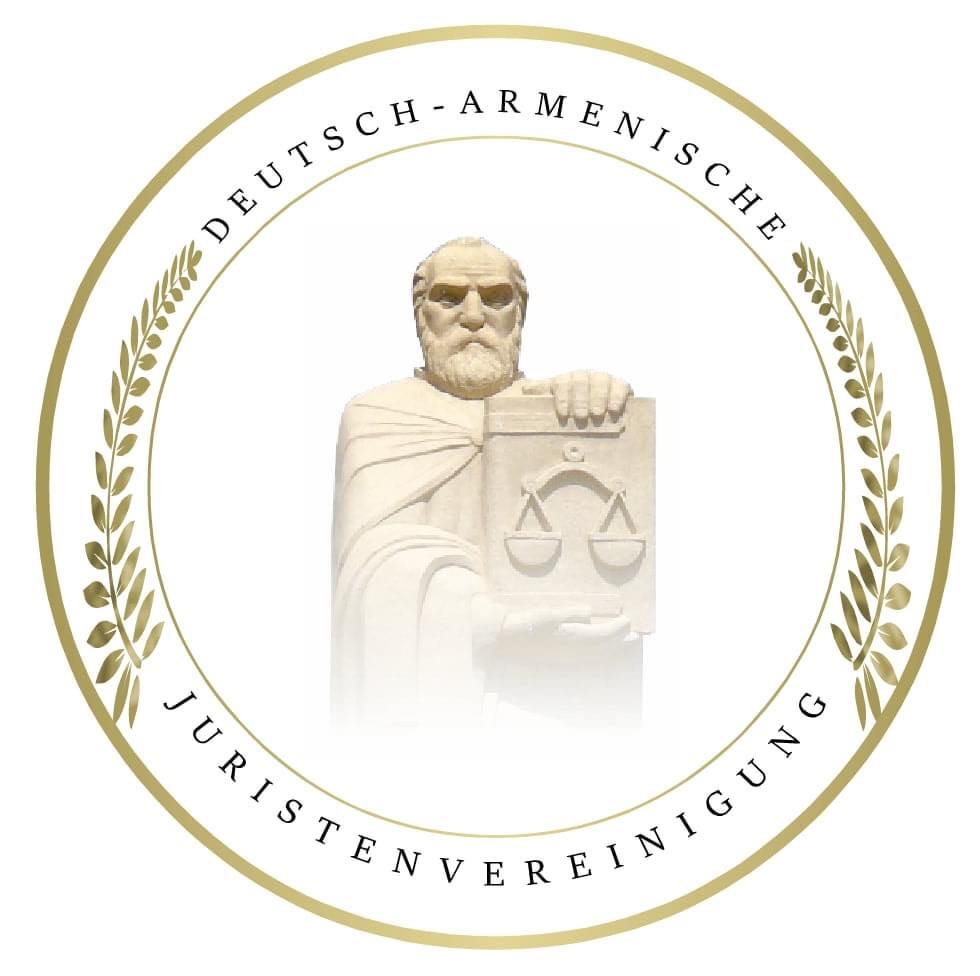Azerbaijan attacks Armenia in violation of international law during the corona crisis
Typography
- Smaller Small Medium Big Bigger
- Default Helvetica Segoe Georgia Times
- Reading Mode

Between July 12 and 14, fighting along the border between Armenia and Azerbaijan resulted in the deaths of several Armenian and Azerbaijani soldiers following an attack by Azerbaijan on the territory of Armenia that violated international law.
This is the largest escalation between the hostile South Caucasus countries since April 2016.
Azerbaijani forces had attempted to cross the Armenian border line with an army vehicle to seize the Armenian military post. After returning to their position following the warning from the Armenian side, the Azerbaijani armed forces opened artillery fire and repeated the attempt to capture the Armenian armed forces border position. This second attempt also failed.
After the escalation at the border, the civilian infrastructure of the city of Berd in the Armenian region of Tavush was bombarded by unmanned combat aircraft from Azerbaijan. The Azerbaijani attack base was then put out of action by the Armenian military.
Azerbaijan’s tank movements had previously been observed and neutralized from combat positions of the Armenian armed forces.
Azerbaijans aggression against the territorial integrity of the Republic of Armenia and the security of the Armenian civilian population is not the first glaring example of Azerbaijan's violation of international law.
With its military aggression, Azerbaijan violated Art. 51 (2) and Art. 52 (1) of the Additional Protocol to the Geneva Conventions of August 12, 1949 on the Protection of Victims of International Armed Conflict, according to which neither the civilian population nor civilian objects shall be the object of attack.
Furthermore, Azerbaijan has violated Article 2 (4) of the UN Charter, according to which all Members shall refrain in their international relations from the threat or use of force against the territorial integrity or political independence of any state, or in any other manner inconsistent with the Purposes of the United Nations.
In addition, the attack on Armenia by Azerbaijan is a violation against the Bishkek protocol of May 5, 1994. This is the ceasefire agreement that ended the war for the combated region of Nagorno-Karabakh (today: the Republic of Artsakh) and which was signed by representatives of the Republic of Armenia, the Republic of Artsakh, Azerbaijan and Russia in the Kyrgyz capital Bishkek.
Artsakh, a historic region of the Kingdom of Armenia, is inhabited exclusively by ethnic Armenians and declared independence after the collapse of the Soviet Union in 1991.
After Azerbaijan's military defeat in the battle for the Armenian region, Azerbaijani President Ilham Aliyev, who honored an ax murderer as a hero in 2012, is known for his aggressive rethoric. He claims not only the Armenian region of Artsakh, but also the Armenian capital, Yerevan.
The reactions of European politicians leave a lot to be desired. This is not surprising since Azerbaijan has been involved in a corruption scandal for bribing politicians in the Council of Europe for several years. Deutsche Bank is also reportedly involved in the related money laundering scandal “Azerbaijani Laundromat”, which was uncovered by the English daily The Guardian.
The current military attack comes at a time when the national emergency in Armenia is still going on due to the very high number of cases in the wake of the corona crisis.
Armenian Prime Minister Nikol Pashinyan said Azerbaijan's leadership was responsible for "the unpredictable consequences of regional destabilization".
The so-called Minsk Group of the OSCE, an institution which has the task to resolve the conflict, asked the two countries to speak to each other to prevent further escalation.
The Secretary General of the United Nations, António Guterres, expressed deep concern about the escalation of violence along the international border between Armenia and Azerbaijan:
“The Secretary-General urges an immediate end to the fighting and calls on all involved to take immediate steps to de-escalate the situation and refrain from provocative rhetoric. ”
The US State Department condemned the violation of the ceasefire and urged “the sides to stop using force immediately, use the existing direct communication links between them to avoid further escalation, and strictly adhere to the ceasefire.”
US-Senator Ed Markey found clear words and condemned Azerbaijan's illegal attack on Armenia on Twitter:
“I stand with Armenia as they protect their territorial integrity. Azerbaijan and Turkey must respect the Armenian/Azeri border, respect the aspirations of the Armenian people of Nagorno Karabakh, and should deescalate this conflict immediately.”
US-Congressman Adam Schiff (D-CA) also condemned Azerbaijan's provocations, which are contrary to international law, in his statement:
“I am very concerned by the recent provocative and destabilizing actions taken by Azerbaijan in recent days along the Armenian border, including the shelling of Armenian soldiers.”
German-Armenian Lawyers’ Union




